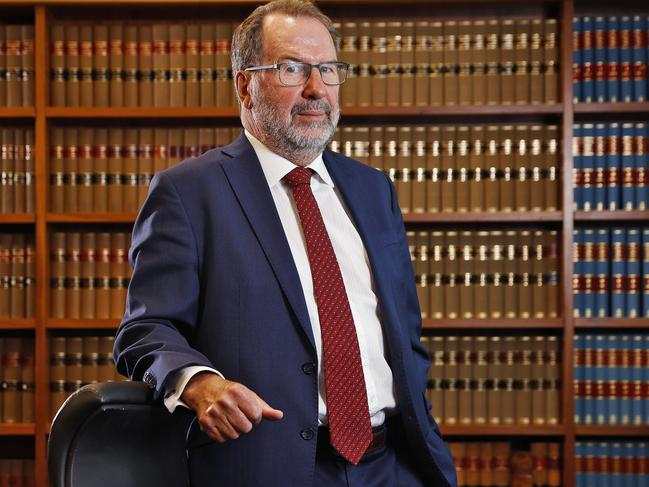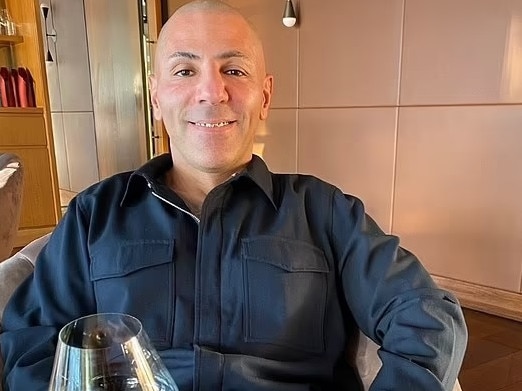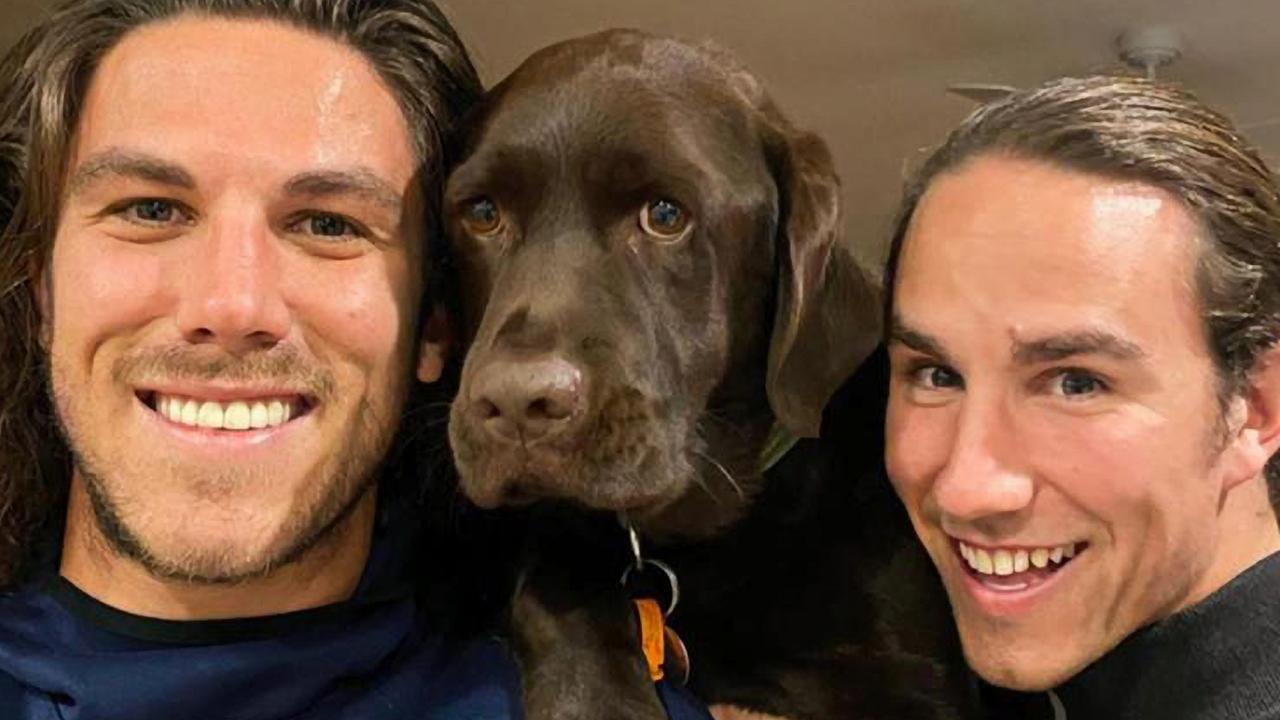GPS Trackers linked to Domestic Violence and major crimes
Almost half of all GPS trackers are going to buyers with nefarious backgrounds and many are allegedly used in high-profile cases including the alleged murder of bikie boss Alen Moradian.
Crime in Focus
Don't miss out on the headlines from Crime in Focus. Followed categories will be added to My News.
Thousands of GPS trackers are being bought every year to allegedly enable domestic violence offences, murders, public place shootings, kidnappings and violent drug thefts according to the first research of its kind in Australia.
An investigation by one of the most powerful law enforcement agencies in the country revealed almost 40 per cent of trackers were allegedly purchased by people with histories of criminal or domestic violence, or links to organised crime and many were allegedly used in high-profile cases including the alleged murder of bikie boss Alen Moradian.
The groundbreaking Project Hakea, by the NSW Crime Commission, has also discovered a disturbing crossover – nine per cent of trackers were allegedly bought by people with a history of both domestic violence and organised crime.
“Disturbingly, the Commission found significant evidence of organised criminals using tracking devices to monitor, control, and test the “loyalty” of their intimate partners. The nexus between organised crime and domestic and family violence (DFV), which has long been observed by law enforcement practitioners, was undeniable in this investigation,” the report said.

NSW Crime Commission Commissioner Michael Barnes said the tracking devices which are accessible, inexpensive and easily concealed are now part of the “standard toolkit for violent organised crime”.
He also said their investigation revealed that “one in four known individuals who purchased tracking devices had a history of domestic violence …”
The report has made five recommendations to restrict the sale of devices, to ensure that they are banned for anyone subject to an AVO, for retailers to keep records of customer details and mandatory reporting of suspicious purchases.
Project Hakea is the first time the law enforcement agency has used its extensive powers to cross check large amounts of data including information held by retailers selling trackers with criminal intelligence holdings.
It has found that the trackers are being swapped between criminals in a clandestine exchanges similar way to drugs and guns.
The Crime Commission used its coercive powers to force 20 retailers to hand over records of sales and customers details. It issued subpoenas to eight people to attend coercive hearings and reveal what they knew about trackers being used in organised crime.
It discovered that 126 customers were defendants in alleged apprehended violence order (AVO) applications at the time they purchased a tracking device, including some customers who allegedly purchased a tracking device in the days after an AVO was enforced.

The Commission deemed 391 customers to be so high-risk it referred the cases to the NSW Police Force and other agencies for action.
It has also warned about private investigators and spy stores selling devices the illegal use of surveillance devices and offer illegal surveillance services to customers.
“There are some individuals in the PI industry who appear to be knowingly facilitating crime or even committing crime themselves by clandestinely tracking targets at the behest of their clients,” Mr Barnes said.
The Commission received data for 4176 transactions from the 20 retailers.
A total of 5663 tracking devices were sold across these transactions, including 4287 magnetic tracking devices, 1222 hardwired tracking devices, and 154 devices that could not be categorised due to unclear product descriptions.
It did not include data relating to the sale of Bluetooth tags and tiles.
In 194 transactions, 88 customers provided either no name, 28 provided a partial name
or 78 a false name. Some customers provided their name as a random phrase or string of letters. One Queensland customer falsely provided their name as “Bill Cosby”.
The project identified many customers who purchased tracking devices on multiple occasions including purchasing suspicious combinations of surveillance equipment, such as counter-surveillance devices, weapons, spyware, and privacy software.
It found that customers who purchased a higher number of tracking devices presented significantly elevated criminal risk. More than 40 per cent of the top 100 customers (based on the number of devices purchased) were known to the NSW Police Force in relation to domestic violence, compared to 25 per cent of the entire customer base.
The top 100 customers were also twice as likely to have been the defendant on an AVO, twice as likely to have been charged with a domestic violence offence, and more than twice as likely to be known for SOC offending. Of interest, every known customer who conducted seven or more purchases of magnetic tracking devices had an adverse record in NSW Police Force holdings.
More Coverage
Originally published as GPS Trackers linked to Domestic Violence and major crimes





